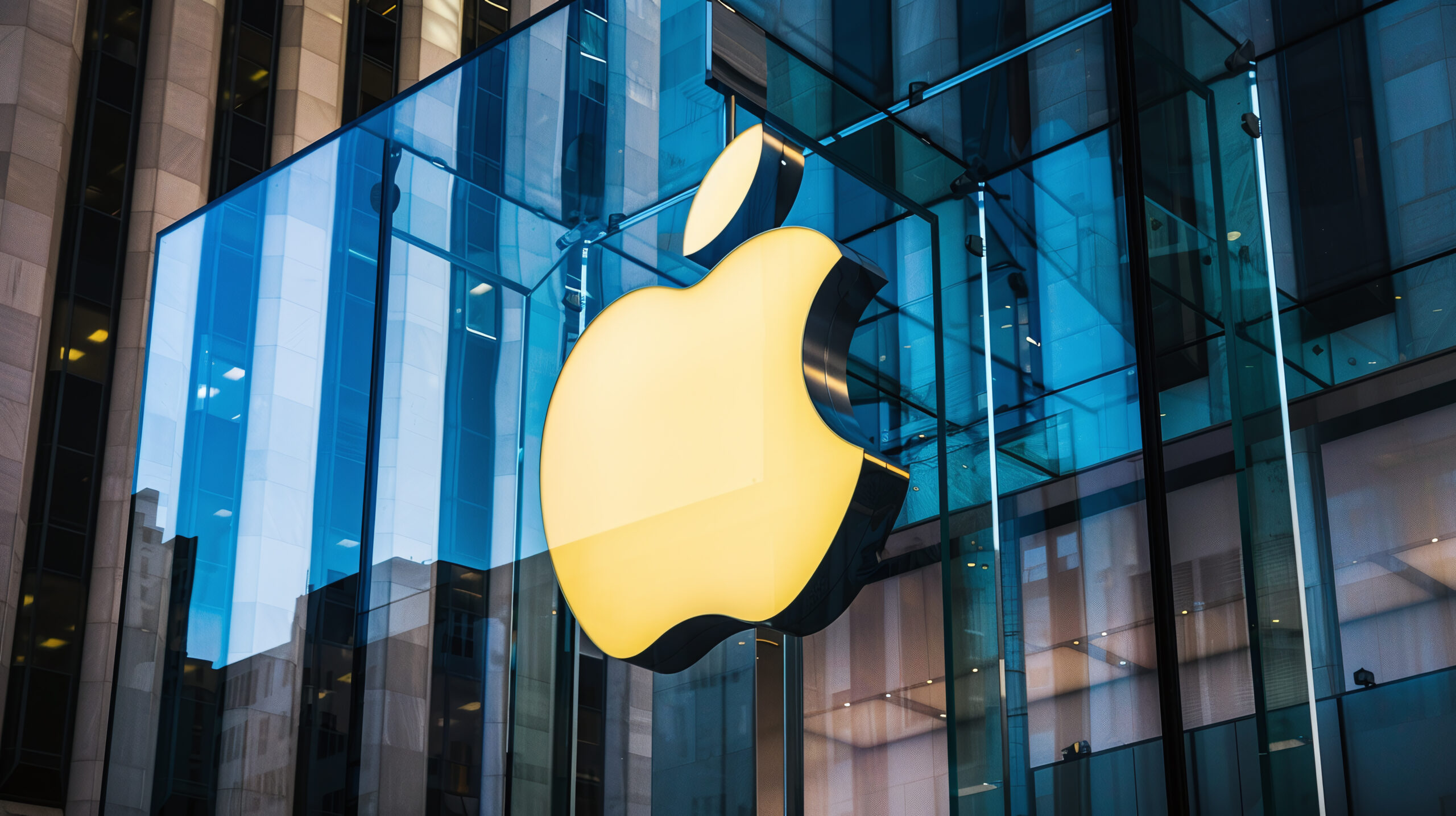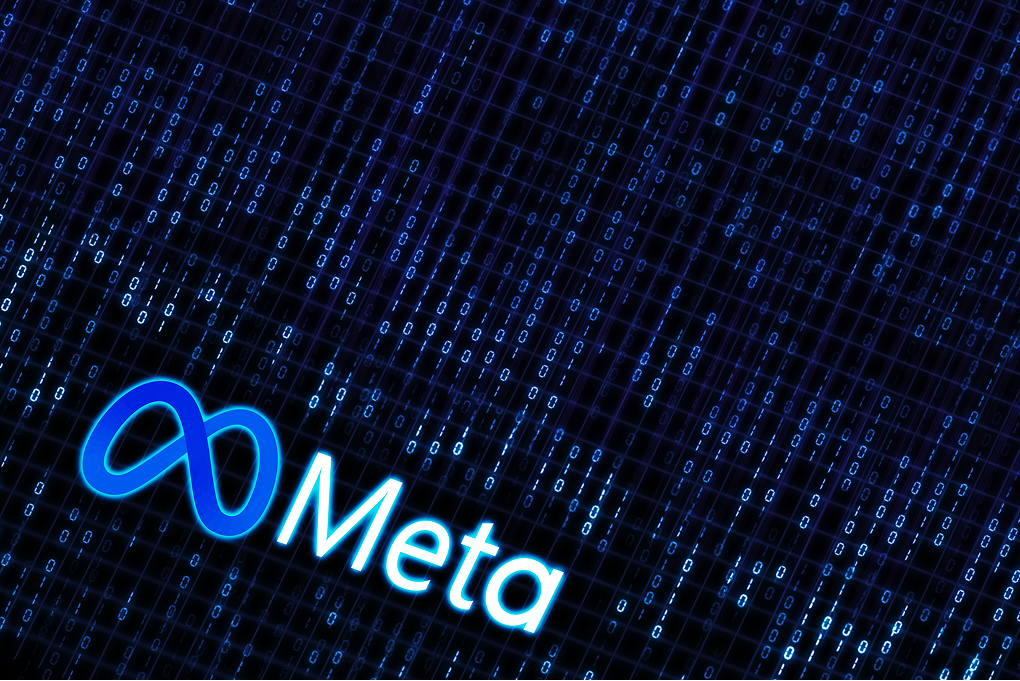Unauthorized use of copyrighted works
Apple faced a suit from authors Grady Hendrix and Jennifer Roberson. They claim that the company used pirated versions of their books to train its artificial intelligence systems without authorisation and without compensation. The lawsuit, seeking class action status, claims that Applebot accessed “shadow libraries” containing unlicensed copyrighted books to train Apple Intelligence, the company’s AI technology integrated into its latest devices.
Books3 dataset at the center
The plaintiffs’ complaint cites Apple’s OpenELM model documentation, which mentions Books3, a dataset of over 196,000 pirated books. The authors allege that their works were included in this collection and used to train Apple’s AI models. The lawsuit also suggests that Apple’s Foundation Language Models may have relied on the same dataset. Books3 was removed in 2023 following a DMCA request from Danish anti-piracy organization Rights Alliance.
Class action request and damages
Given the potentially large number of works involved, Hendrix and Roberson are seeking to turn their lawsuit into a class action. They aim to prevent further use of pirated material and request monetary damages for the alleged infringement.
Precedents in the AI industry
This case follows a major lawsuit against AI startup Anthropic, which last year settled a class action for $1.5 billion over the use of Books3 to train its Claude chatbot. Over 500,000 books were reportedly infringed, with estimated compensation of around $3,000 per work.
Legal and industry implications
The lawsuit against Apple emphasises the growing tension between the development of artificial intelligence and the protection of intellectual property. As companies increasingly utilize large datasets for AI training, authors and other content creators require stricter legal protection to prevent their work from being used without permission and without compensation.
Responses and next steps
Apple has not yet given official comments on the claim, and the plaintiffs’ lawyers have also not responded to the requests. The case draws attention to broader issues of copyright, ethics and obligations of technology companies when creating and teaching large language models.
Conclusion
The lawsuit against Apple emphasises the growing legal and ethical challenges associated with the development of artificial intelligence and the protection of intellectual property. As companies increasingly use large data sets, including pirated or unlicensed content, authors and content creators actively protect their rights.
Precedents, including Anthropic’s $1.5 billion settlement, demonstrate that such disputes can have significant financial and reputational consequences. The result of Apple’s case can become an important benchmark for the development of generative AI technologies, emphasising the need for transparency, consent and proper licensing when using copyrighted works.
For more information about our AI products and solutions for your business, contact us today. We’re here to help!




